Highlights: Eredoctoraten en rectoraatsoverdracht 14 juni 2019
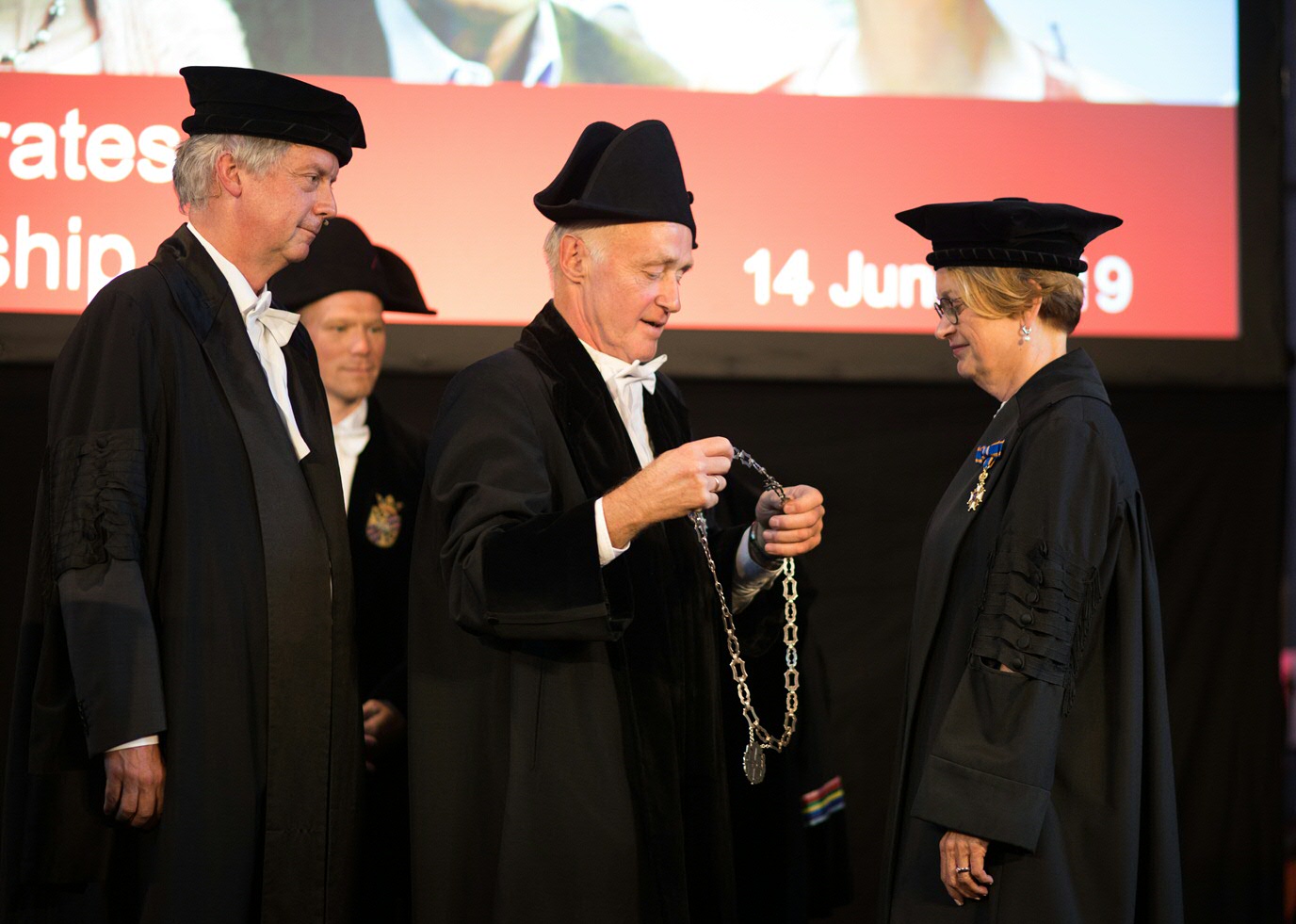
De memorabele academische plechtigheid op vrijdag 14 juni 2019 was onderdeel van het 81e lustrum van de RUG. Tijdens de ceremonie ontvingen prof. dr. Titia de Lange en dr. Philipp Blom beide een eredoctoraat van de RUG. En prof. dr. Elmer Sterken droeg na acht jaar het rectoraat over aan de nieuwe Rector Magnificus van de RUG per 1 september: prof. dr. Cisca Wijmenga .
De feestelijke plechtigheid in de Martinikerk werd bijgewoond door honderden genodigden uit de Groningse academische gemeenschap en van andere universiteiten, maar ook door besturen van noordelijke instellingen, studenten- en studieverenigingen, medewerkers, (voormalig) rectoren, eredoctoren van de RUG, en vele andere Groningers. Het was een programma vol indrukwekkende toespraken van de voormalige Rector Magnificus en de nieuwe Rector en beide eredoctoren. De studentenorkesten Mira en Bragi speelden prachtige muziek.
Bekijk deze video:
Eredoctoraten
Philipp Blom
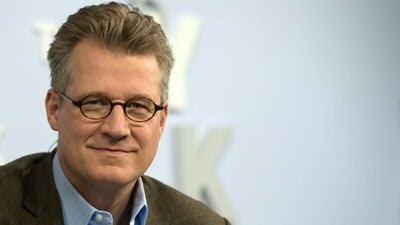
Dr. Philipp Blom (Hamburg, 1970) studeerde filosofie en judaïstiek in Wenen en Oxford, waar hij in 1997 promoveerde op Nietzsche. Sindsdien werkt Blom als vertaler, schrijver, editor en freelance-journalist. Zijn essays verschenen o.a. in The Independent, The Times Literary Supplement, Die Zeit en Vrij Nederland. Als kritische en internationale ‘public intellectual’ vertegenwoordigt Philipp Blom het belang van de geesteswetenschappen in de maatschappij en daarmee ook de waarden en ambities van de RUG.
Meer informatie.

Titia de Lange
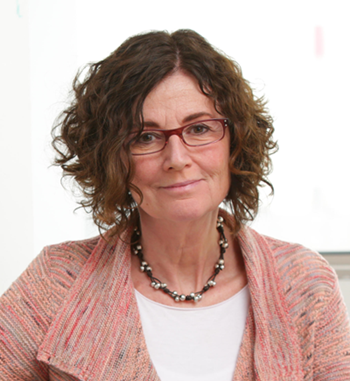
Prof.dr. Titia de Lange (Rotterdam, 1955) is directeur van het Anderson Center for Cancer Research en hoofd van het Laboratory Cell Biology and Genetics aan Rockefeller University. De Lange heeft bijzonder grensverleggend wetenschappelijk werk verricht op het terrein van de verouderingsbiologie. Haar ontdekkingen hebben geleid tot fundamenteel inzicht in de wijze waarop cellen na elke celdeling in staat zijn hun genoom op intacte manier over te dragen aan dochtercellen.
Meer informatie.
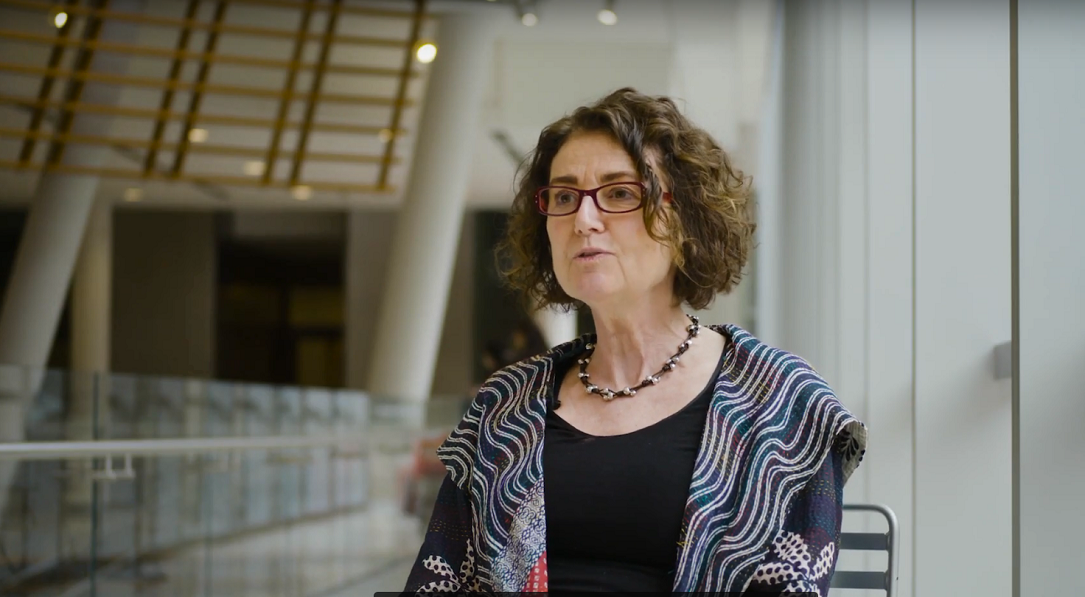
Rector Magnificus
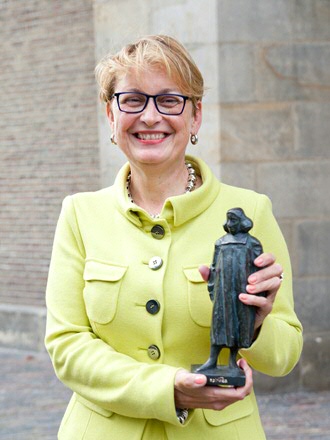
Cisca Wijmenga
Prof. dr. Cisca Wijmenga (1964), Lodewijk Sandkuijl hoogleraar humane genetica aan de RUG. Zij geldt als een vooraanstaand en toonaangevend wetenschapper, die in belangrijke mate heeft bijgedragen aan het begrip van de genetica van complexe, veelal chronische, aandoeningen, zoals glutenintolerantie. Voor haar werk ontving zij in 2015 de Spinozapremie: de belangrijkste Nederlandse onderzoekprijs. Ze is bestuurslid van ZonMW, was Fulbright scholar en hoofd van de afdeling Genetica in het UMCG. Wijmenga is niet alleen een vooraanstaand en gerespecteerde wetenschapper, maar ook een ervaren bestuurder die nationaal als internationaal haar sporen verdiend heeft en mensen weet te verbinden.
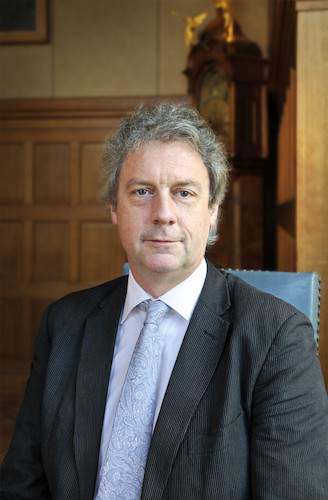
Elmer Sterken (Apeldoorn, 1961) studeerde econometrie in Groningen. Hij promoveerde in 1990 en bezet sinds 1996 de leerstoel monetaire economie aan de RUG. Van 2008 tot 2011 was Sterken decaan van de Faculteit Economie en Bedrijfskunde. In 2011 volgde zijn benoeming tot Rector Magnificus van de RUG. Hij heeft zich sterk ingezet voor onderwijsvernieuwing, internationalisering en contacten met studenten. Hoogtepunten tijdens zijn rectoraat waren voor hem de viering van het 400-jarig bestaan van de RUG in 2014 en de toekenning van de Nobelprijs aan prof. dr. Ben Feringa in 2016. Sterken keert als hoogleraar terug naar de Faculteit Economie en Bedrijfskunde.
